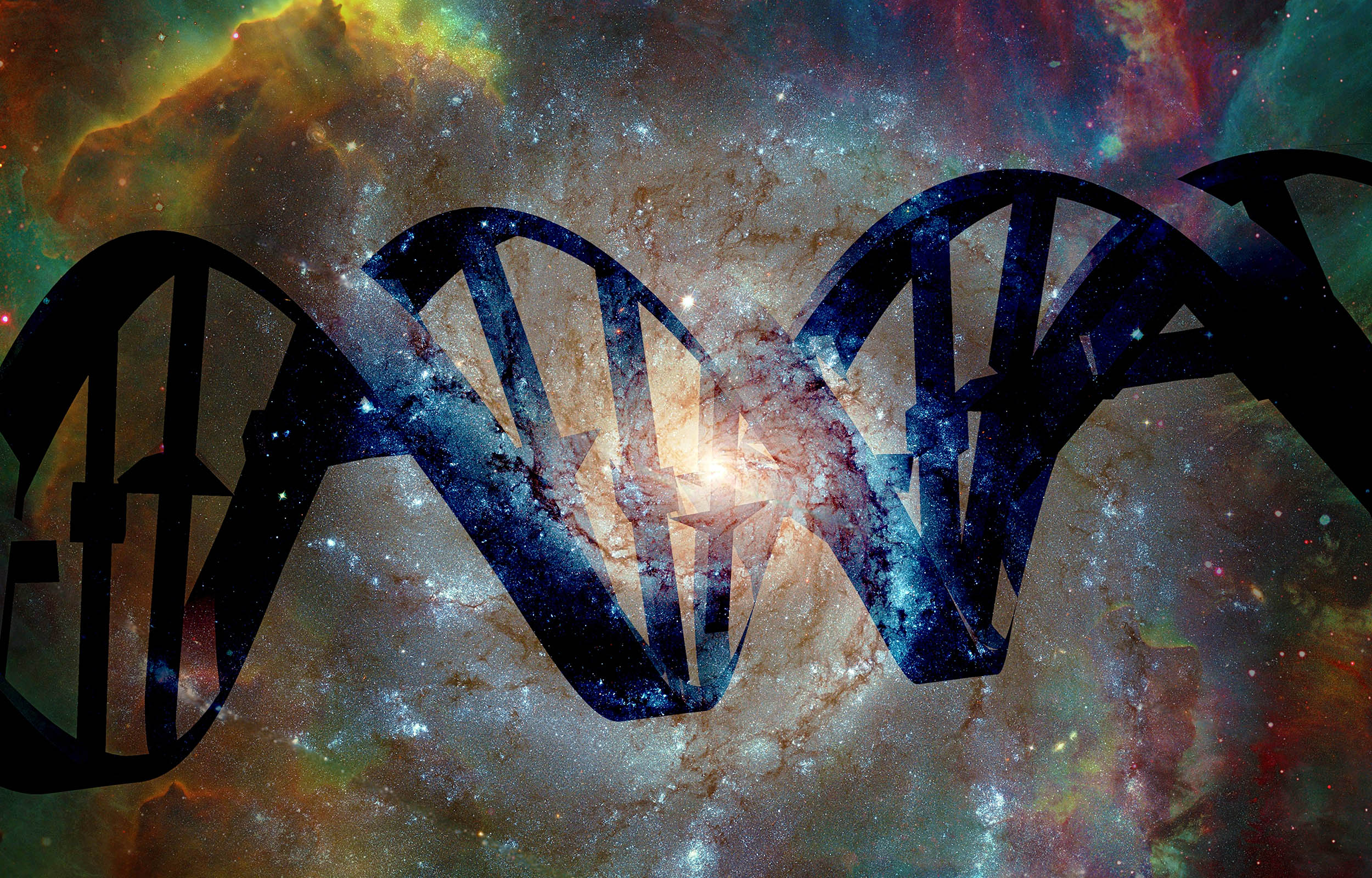The Roots of Life’s Complexity
The question of how life began has intrigued scientists for decades, leading to the development of the RNA World Hypothesis. This theory suggests that RNA, not DNA, was the key molecule at life’s inception, functioning both as a catalyst and a genetic repository. This transformative idea, first proposed in the 1960s, has gained traction with recent scientific advancements that demonstrate RNA’s dual capabilities.
Unveiling RNA’s Pivotal Role in Early Evolution
Recent studies underscore RNA’s unique ability to catalyze its own replication and facilitate evolutionary processes, suggesting it could have been life’s original building block. These findings are critical, as they illustrate how RNA could have self-replicated and evolved into more complex forms on prebiotic Earth. The discovery of ribozymes, RNA molecules that act as enzymes, further supports this hypothesis, offering a plausible mechanism for RNA-based life.
Bridging Historical Concepts and Modern Discoveries
Charles Darwin’s concept of “descent with modification” laid the groundwork for understanding genetic evolution, but the RNA World Hypothesis extends these ideas to life’s earliest molecular origins. It proposes a pre-DNA world where RNA molecules formed the basis of evolutionary processes, leading to the diverse forms of life we see today. This hypothesis not only revisits Darwin’s principles in a modern context but also enhances our understanding of genetic materials’ evolution before the advent of complex cellular life.
Additional Insights: Navigating the RNA Landscape
Exploring the RNA World Hypothesis provides valuable insights into the fundamental nature of life. RNA’s ability to store information, catalyze chemical reactions, and adapt through evolution positions it as a likely precursor to all biological life. This versatile molecule’s role extends beyond mere genetic transmission; it is instrumental in regulating and executing cellular functions, which are crucial for life.
RNA’s Contemporary Significance in Biology
Today, RNA continues to play a vital role across various biological processes, including gene expression and regulation. It acts as a messenger carrying instructions from DNA, helping synthesize proteins that are essential for life. Furthermore, RNA molecules contribute to cellular structures and play a crucial role in the immune response by interfering with viral gene expression, highlighting its ongoing importance in both health and disease.
Future Prospects: RNA Research and Beyond
As research progresses, the RNA World Hypothesis remains a focal point for understanding life’s origins. Scientists are now working on experiments to recreate early Earth conditions to observe RNA’s behavior and interactions. This research not only aims to validate the RNA World Hypothesis but also explores the molecule’s potential in synthetic biology and astrobiology, potentially answering whether life could exist elsewhere in the universe.
By delving into RNA’s early roles and its ongoing functions in contemporary biology, scientists continue to uncover layers of complexity about life’s origins and evolution, promising new discoveries that could redefine our understanding of life itself.
